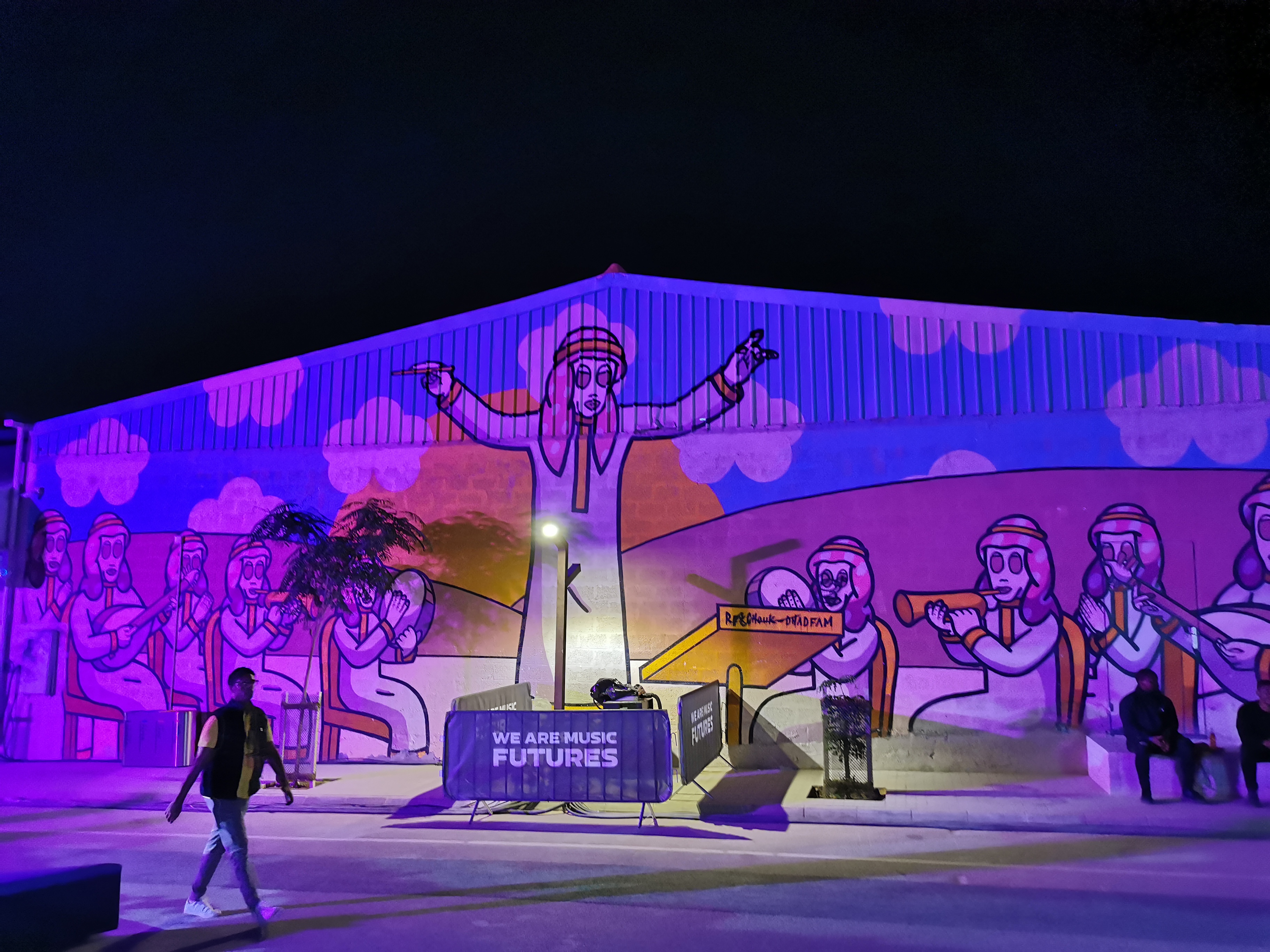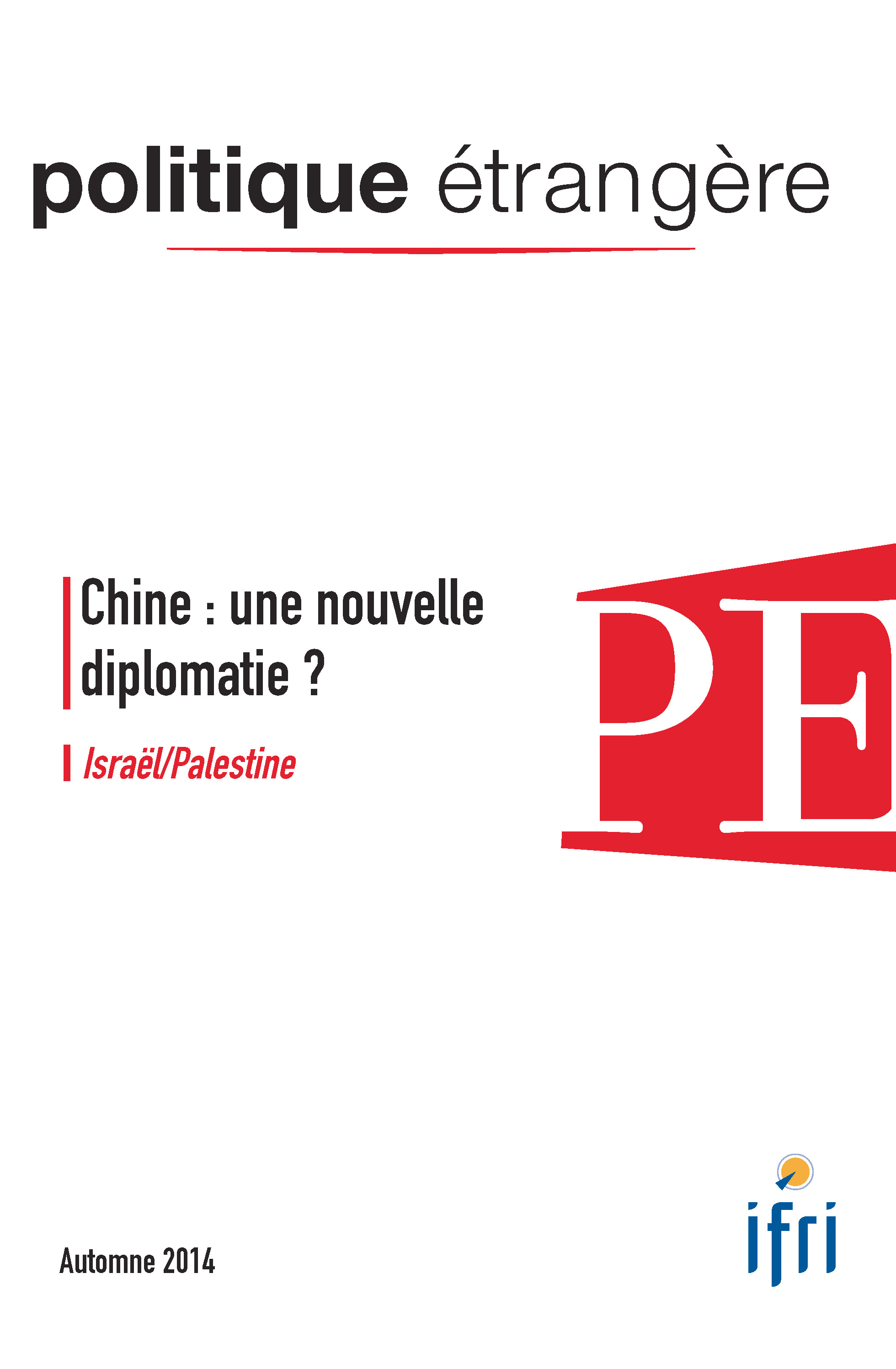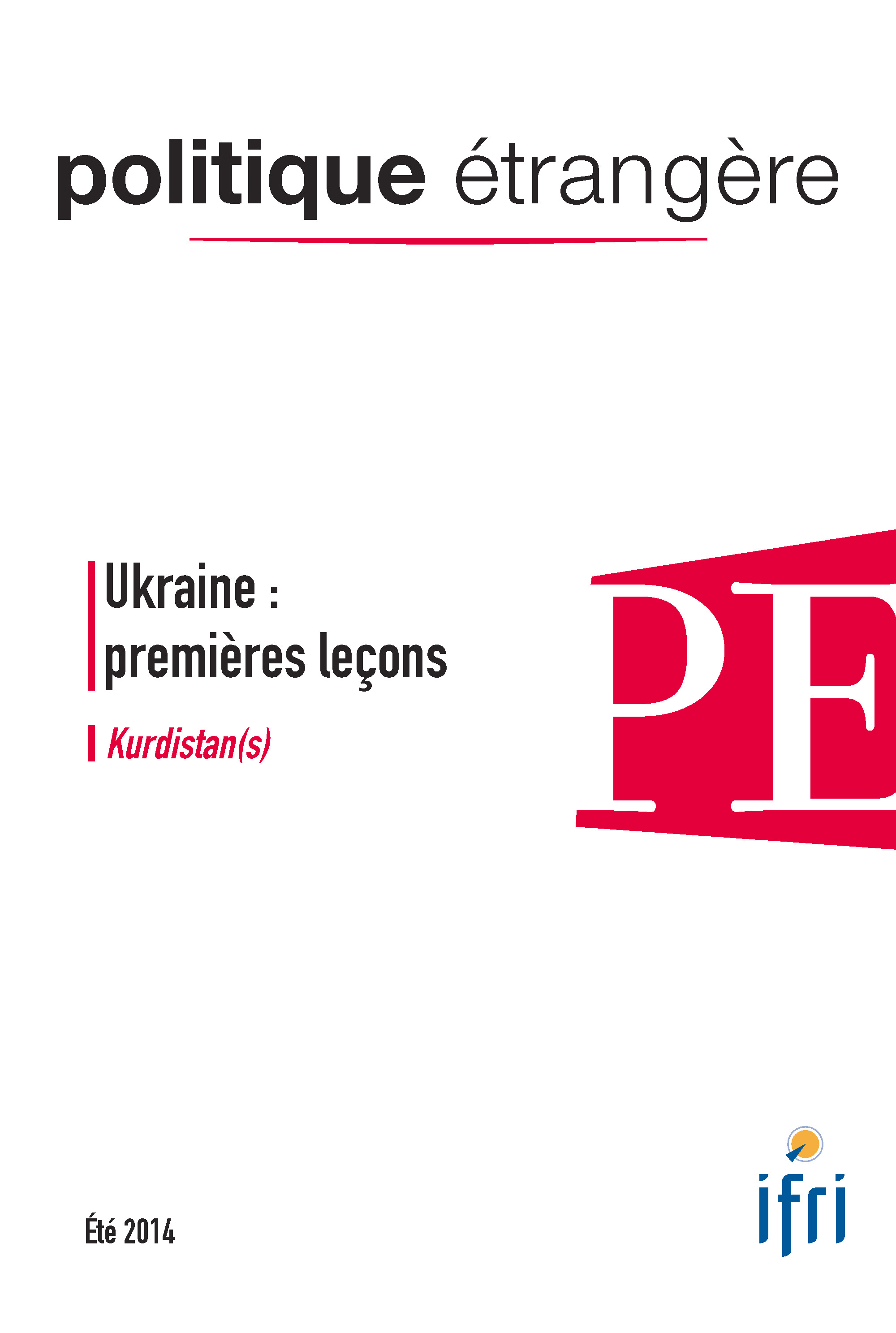North Africa and Middle East
Analysis of changing dynamics in the North Africa/Middle East region, against a backdrop of increasing security crises and their political, economic and energy consequences.
Related Subjects

Out of Thin Air but More than a Mirage: The Politics of Saudi Arabia's Nascent Music Industry

This study critically examines Saudi Arabia’s nascent music industry, which is promoted as a key element of Vision 2030, Crown Prince Mohammed bin Salman’s strategic framework to diversify the kingdom’s economy. It explores how state-led investments in music and entertainment intersect with authoritarian governance. The author neither dismisses these investments as conspicuous spending nor reproduces an alarmist narrative of impending cultural imperialism. The article takes a political sociology approach to understand how Saudi entertainment plans consolidate domestic power and reshape regional cultural landscapes.

The Left in Turkey: A Fragmented History
The Gezi protest movement gripped Turkey throughout the summer of 2013 and reignited observers’ interest in Turkey’s left-wing activist groups, which participated in the protests.

What Kurdish Policy Will the JDP Adopt?
The emergence of an autonomous Iraqi Kurdistan, the civil war in Syria, and the electoral ambitions of the JDP (Justice and Development Party) have led to new policy being formed by the Turkish government regarding the Kurdish issue.

The Paradoxes of the Kurdish Spring in Syria
Although the Kurdish population in Syria forms a very small and highly divided minority, the Kurds nevertheless have managed, thanks to the civil war, to gain relative autonomy in Northern Syria.

Iraqi Kurdistan’s Unclear Borders
Since 1991, Kurdish parties have dominated and administered “Iraqi Kurdistan”.

Turkey: The Kurdish Movement in the “Peace Process”
While the peace process between the PKK (Kurdistan Workers’ Party) and the Turkish government is at a standstill, the latter is attempting to circumvent Turkey’s Kurdish actors by aligning itself with the KDP (Kurdistan Democratic Party), which dominates the Kurdish regional government in Iraq.



The First World War and the Balkanization of the Middle-East
The First World War had tragic consequences for the Middle-East. It led to the partitioning of the Ottoman Empire and the balkanization of the region.
Arab Atatürk: The Weight of History
Recent discussion surrounding a 'Turkish model' for the Arab world has centered mainly on the achievements of the AKP in Turkey and its supposed ideological proximity to the political parties that have arisen from the Muslim Brotherhood movement.
Support independent French research
Ifri, a foundation recognized as being of public utility, relies largely on private donors – companies and individuals – to guarantee its sustainability and intellectual independence. Through their funding, donors help maintain the Institute's position among the world's leading think tanks. By benefiting from an internationally recognized network and expertise, donors refine their understanding of geopolitical risk and its consequences on global politics and the economy. In 2024, Ifri will support more than 70 French and foreign companies and organizations.







